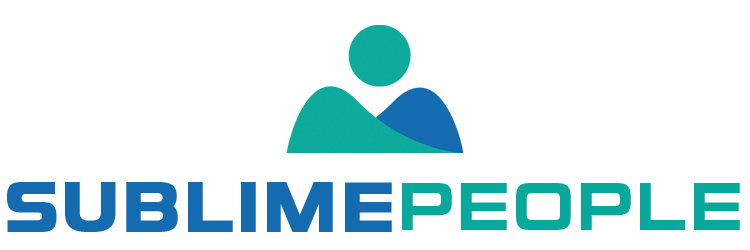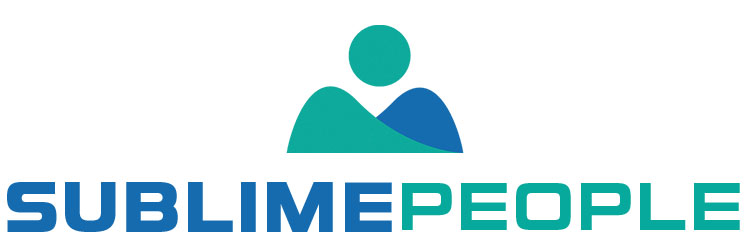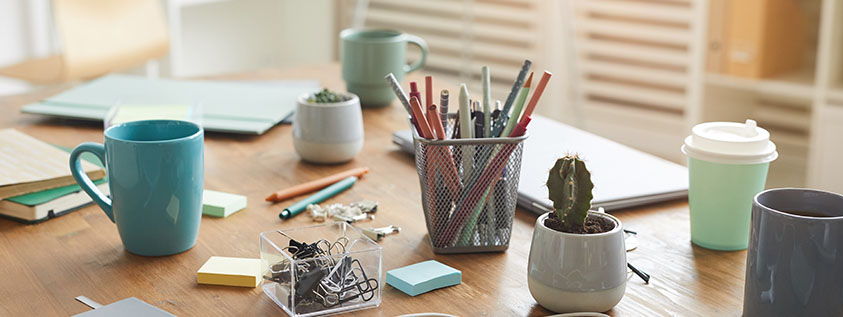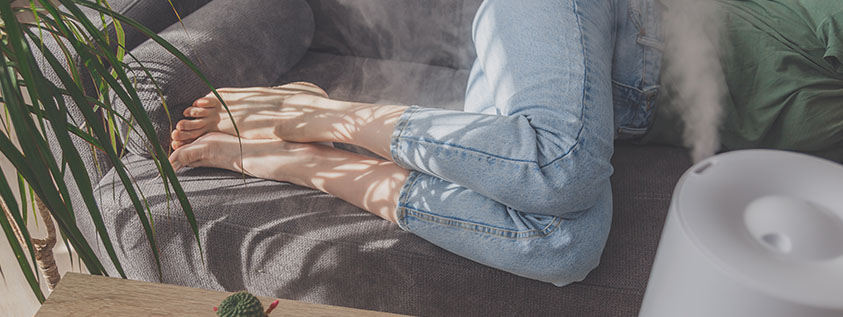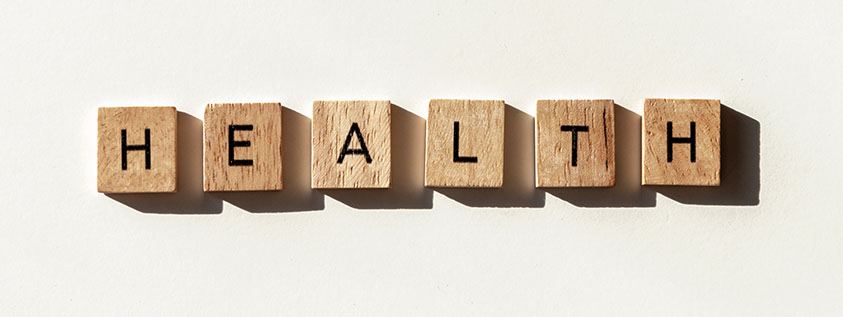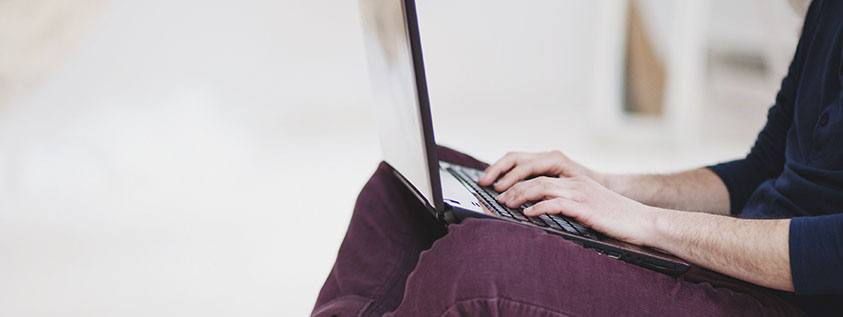When you need to get something done, it is good to focus on it. Learning how to not get distracted and stay focused is something we all need to accomplish at some point because distractions lead to a delay in a project or your study.
Of course, it is challenging because many things can drag your attention away. External distractions are everywhere; they are the internet, your friends, your phone, and your thoughts. This article will show you 16 tips on “how to not get distracted.”
In this Article:
1) Turn your phone off or put it on silent mode
Have you ever got an incoming call while working on your computer? If so, you know that phone calls and texts can be annoying. It is even more distracting when you start responding and still try to work on your computer simultaneously. That is why it is better to shut off your cell phone or put it on silent mode so that no one can bother you.
Disable push notifications
When you open Facebook, Twitter, or any other social platform that can send notifications in the background, you will see a little symbol in the upper right corner of your screen. Push notifications are often unnecessary interruptions and get you easily distracted. The best is to click on it and choose ‘Disable all Notifications’. This way you won’t lose your concentration while working.
Put your phone in another room
People are very visual. We are naturally drawn to anything that we see. If your phone is in the same room as you, its screen will always catch your eye. When you have your phone next to you, it is easier to grab it. Do you usually lean back and check your phone for no particular reason when you have it close to you? If the answer is yes, then put the phone in another room while working. This way, you will not be tempted to look at it because it is out of sight (out of mind).
2) Avoid multitasking
Multitasking is when you do more than one thing at the same time. For example, you are working on your computer while talking with your friend on the phone or watching TV in the background. Multitasking might sound like a good idea, but it will most likely affect how well you get things done. That is why avoiding multitasking will help you be more productive.
Work on one task at a time
It is best to work on one thing at a time when you need to do something important. Jumping from one task to another probably seems a great way to do many things. However, “Jack of all trades, master of none” is a well-known saying that states quite the opposite. That is why if several things need to be completed, try working on each at a time.
3) Turn off the TV
If you find yourself spending too much time watching TV even though you have more important things to do, it’s probably best for you to turn the TV off. However, you might want to avoid this if your project requires watching many TV or films.
Video is one of the biggest distractions
Video requires you to listen and watch closely. That is why if you are trying to get your work done, it is best to avoid watching TV shows or films online. If you want to have something in the background, it is better to listen to music. Try finding something that doesn’t have anything unexpected that will catch your attention.
4) Quit browsing the internet
If you spend a long time on certain websites, it might be good to set a time when you can access them. You don’t want to get distracted whenever your browser makes noise from an incoming email or when you see something interesting on a website. Make sure you aren’t browsing or quit browsing altogether.
Block websites that will distract you
There are also a few websites that can be very distracting. If you find yourself going to certain sites even though you don’t want to, it might be best for you to block them using a browser plugin such as StayFocused. The plugin will block all sites that you don’t need to visit to focus on what is important.
5) Get rid of clutter around you
Clutter and mess around you can be potential distractions. If your desk is full of papers, you might find yourself sorting through them instead of doing what needs to be done. That’s why it is good to get rid of clutter around you before you start working on something important.
Clean up your workspace
You can clean your workspace by moving papers into a drawer or putting them somewhere else out of sight. You can also get rid of books, glasses, pens and anything else that you don’t need at that moment. If you have things on your desk that remind you of other things, try moving them to another place.
6) Create a to-do list
Creating a to-do list might be hard for some people, but it will make it easier for you to get things done. If you need to complete several tasks simultaneously, it might be hard to judge which one is more important. That is why creating lists will help you decide where to start and how to stay focused.
How to make a task list
Making a to-do list doesn’t have to be complicated. You can simply write down several things that you want to do and place them in order of priority. Try including simple tasks so it won’t take too long for you to complete each one. Every time you finish something, you can check it off your list and add something else if necessary. Keeping track of your finished tasks will help you feel accomplished and do even more activities.
7) Take breaks when you need them
If you are tired, it might be a good idea to take a break. A break will give you some time to relax before getting back to work. You can take breaks whenever you need them, even if it’s just for ten minutes. Taking short breaks will help your mind relax and help you accomplish things faster when you get back to work.
Take a short break every hour
An easy way to do this is by taking a short break every hour. You can stand up, walk around or do something else that you need to do. Use your break to go to the bathroom, drink some water or eat lunch. Take about 5-30 minutes for your break, so you don’t waste too much time.
8) Write down your distractive thoughts
When you write down your distractive thoughts, you put them off until a later moment. You don’t have to think about them once you have written them down on paper. If you have a specific time scheduled to deal with your distractive thoughts, then there is a big chance that you won’t get distracted by anything else.
To-do lists for later
When you write down the issues you are thinking about, in a sense, you create to-do lists for later. However, remember that these are not to deal with right now.
Just write down anything you are thinking of, and schedule a moment in the future to look at them. If you know that you will be taking care of these issues later, most likely, you won’t get distracted by them in the meantime.
Control internal distractions
Focus is just like a muscle; if you use it often, it will become stronger and easier for you to overcome distractions. When you feel distracted, take a deep breath and focus again on what needs to be done. Like a muscle needs rest to grow, your mind also needs breaks from focusing to build the focus muscle. That’s why you need to schedule moments of rest so your mind can relax and be ready for another focused moment later on.
9) Don’t work when you’re tired
Often when people are tired, they tend to ignore it and keep working even though they might not be quite focused. If possible, take a break every so often so that you can rest your eyes before getting back to work. This can be helpful if you are working on something that needs to be done soon.
Get enough sleep
When you know you will be working on an important project, when possible, get enough sleep so that you can focus on what needs to be done. You don’t have to go overboard, but just enough so that you stay focused for the next day. Sleep is very important to avoid distractions, and sleep deprivation can negatively influence your ability to stay focused and deliver tasks with the greatest degree of competence.
10) Use habits to stay focused and avoid distractions
When you are working on something important, try not to get distracted by other unimportant things that can pop up in your mind. Stop yourself from getting distracted as soon as you realize you are not focusing on what is important. If possible, try to think about why you were distracted and make sure it doesn’t happen again in the future. It might be hard at first, but you will soon get used to stopping yourself from getting distracted.
Create a routine of focus
When you schedule moments to focus on tasks, you’ll find staying focused and avoiding distractions easier. Start with an hour and increase to more hours according to what you think is best for you. Please don’t get overwhelmed by adding too much time to your schedule; it will be hard to keep up, which can demotivate you. Start small and you’ll find it easier to keep track of your progress to build a habit of focus.
11) Find the right environment
When working, you need to find an environment where you can be most comfortable and focused. For some people, it might be helpful to work in a silent or isolated room to remove external distractions. Finding the right environment can help you improve your focus. For example, if you need to study for an exam, don’t sit on your living room couch with your TV and all of your family’s conversations around you.
Noise-canceling headphones
Getting noise-canceling headphones might also be helpful if you are trying to study. You can find pretty cheap ones or even use some earplugs if they are more comfortable for you. Noise-canceling headline phones will ensure you have little background noise when you want to stay focused.
White noise to stay focused
White noise is created by blending many different noises into one. You can find white noise online or get a white noise machine. According to studies, white noise improves word learning, recognition memory, and calculation speed.
12) Reward yourself
When you manage to focus and get things done, it is a good idea to reward yourself. It doesn’t have to be anything significant, just something that will motivate you to keep on working. Maybe if you finish your work early enough, you can take the afternoon off or go out with your friends after work. You can also reward yourself by watching a movie or playing video games.
Internal rewards and external rewards
When you have accomplished something, have stayed focused on a task, finished a to-do list, or spent a few hours trying to focus you can reward yourself for the effort. When you reward yourself, you will feel good about finishing the task, encouraging you to keep going.
While an external reward such as watching a video, buying something, or going out with friends is a good way to reward yourself, an internal reward will help you develop a better habit of staying focused. This can also give you some motivation for future tasks and projects.
13) Have a plan before you start
When trying to focus on what is important, you should plan how you want to do it. Your plan might include the steps you need to take or tasks that need finishing for your project to succeed. If you make a simple plan before starting something, staying focused will be more straightforward.
Plan the day before
A simple act to prepare yourself for the upcoming day is thinking about what you need to do the next day. Think about deadlines, projects and daily routine activities. By planning the next day before you go to bed, you’ll find it much easier when waking up in the morning to stay focused on your tasks.
14) Exercise for mental health
When possible, try to exercise regularly and mostly when you know you need to focus on something important. It will help you release endorphins to improve your mood and reduce stress levels. Exercise will also improve your circulation, which means an improvement in blood flow and oxygenation of the brain. When both happen, there is a good chance that you’ll be able to stay focused more easily.
Relaxation techniques
If your aim is to learn how to not get distracted you can try relaxation techniques to improve your focus. Yoga and meditation are good examples, as well as deep breathing. Deep breathing might seem weird at first, but it will help you decrease stress levels and increase focus on what matters most for you to stay productive. This is an important tip when learning how not to get distracted.
Take a walk
Whether you are a freelance writer working on a big deadline or a student on a long study session, feeling overwhelmed can cause you to lose focus, leading to lower productivity or even mistakes in your work. Take a walk when you feel overwhelmed; the fresh air will help calm your brain and possibly develop new ideas you can use to stay productive.
15) Work on the easy part first
When you have enough time, work on the easy parts first. This will give you a sense of accomplishment and motivation when doing your work since you’ll get more done in less time after spending some time on the easy parts. If you spend some time on the easy parts, it will also be easier to start your task.
Focus on being productive
Productivity is important to increase focus; your ability to finish a task at hand is a big factor in feeling productive. You can increase your feeling of productivity by setting a small goal and working on that first.
16) Set goals and deadlines
Setting deadlines might sound counterproductive since it implies that you need to complete several tasks quickly. However, it can be helpful if you can find a good balance between completing your project and taking breaks when needed. Set goals and deadlines that are just challenging enough for you, so you won’t be bored and feel accomplished.
Visualize the big picture
Try thinking about the big picture to help yourself stay focused on the trophy. You can do this by visualizing what you want to end up with after completing your work. When trying to get a better sense of staying focused, it is helpful if you know where you’re going. Visualize yourself at the end of your project. Make it tangible in your mind what you want to achieve in the future.
Set Smaller Goals
Set small goals if you want to stay productive. Try setting the goal of finishing one task before taking a break or switching tasks. Be proud of your accomplishments and give yourself small rewards when you have completed your goals. Setting smaller goals will be easier to stay productive with less distraction since you can focus on one task at a time.
A word from Sublime People
Now that you have read this article, you should have a better idea of how to not get distracted. You can use this advice to focus on any project that is important to you. Remember that the more effort you put into staying focused, the easier it will be. Your mental focus improves over time, but it needs some time to set in. Now it is time to get to work to see if you can stay focused!
Do you find it hard to complete certain tasks? We would love to hear your experience!
